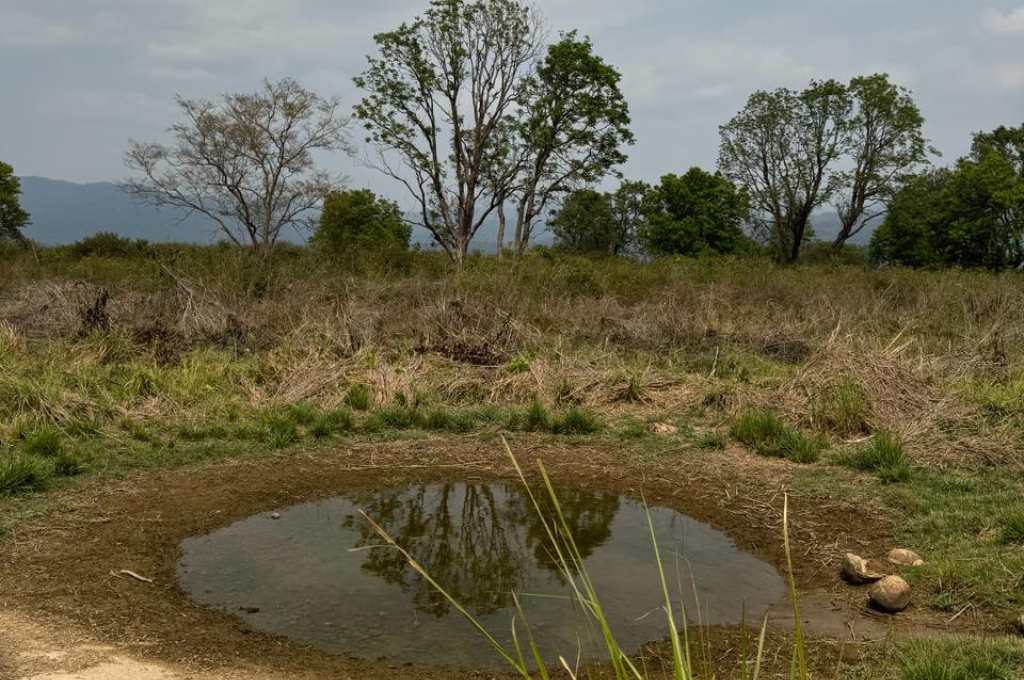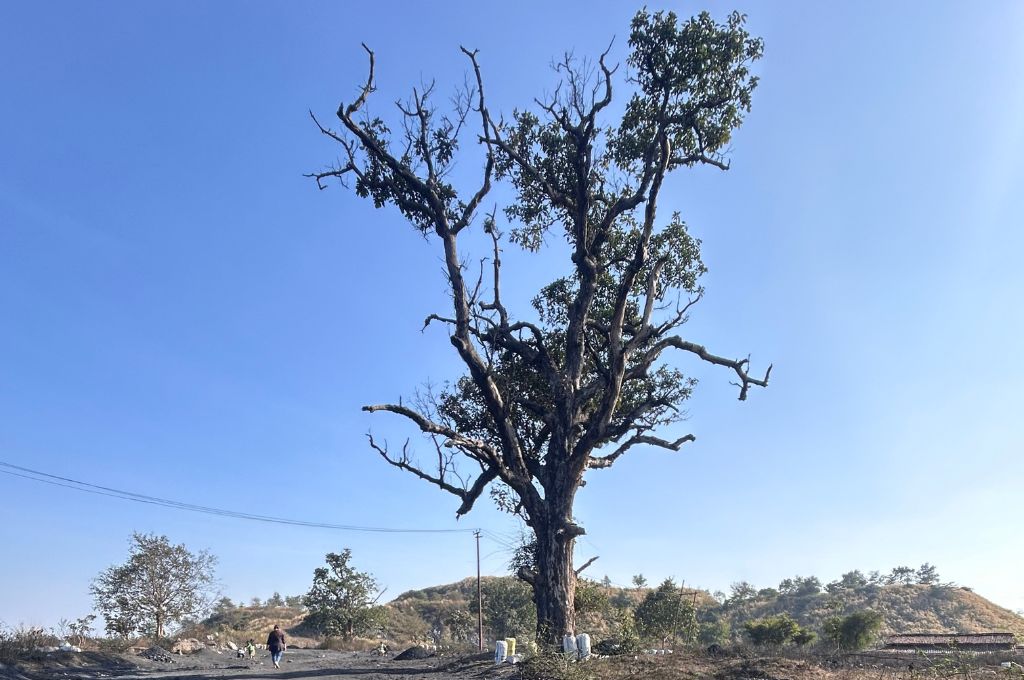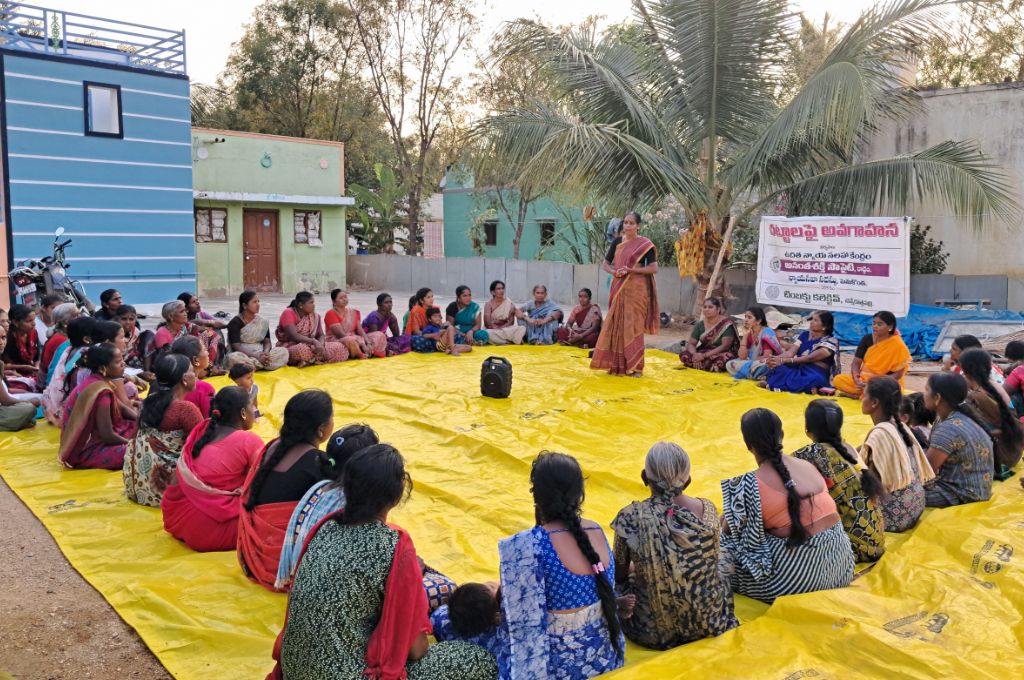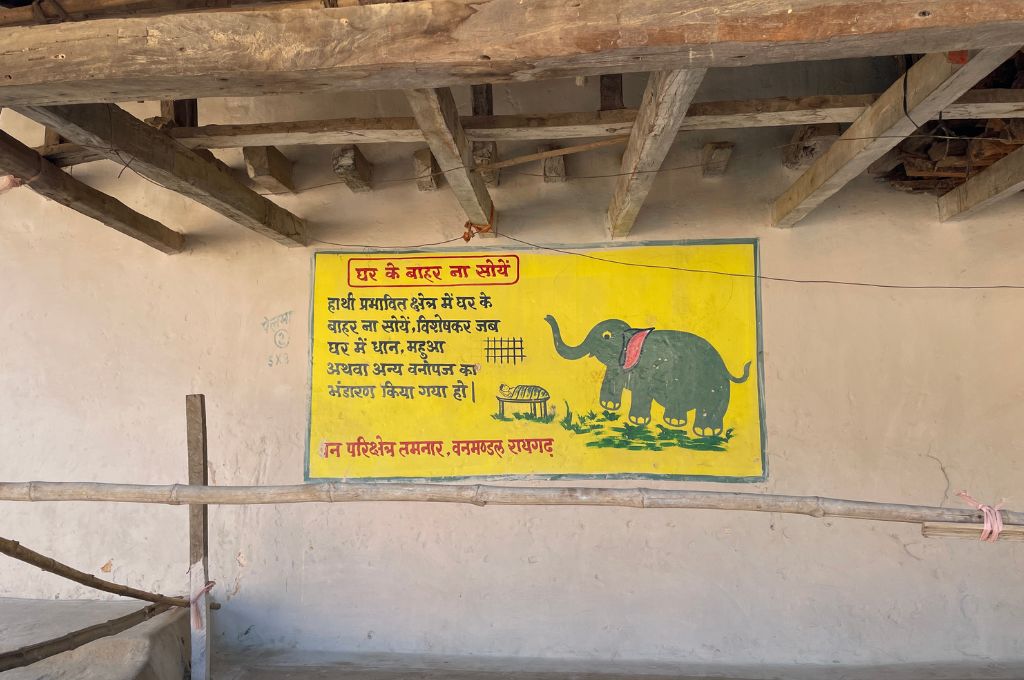Wages foregone
A group of 11 people from Chhattisgarh, comprising of migrant workers and their families who had come to a village in Rewa district, Madhya Pradesh to work for a stone crusher, were stranded after the announcement of the lockdown. They had been working at the crusher for eight months when the lockdown was announced. Although they did receive rations from the local administration upon request, their employer refused to pay the wages due to them for work done before the lockdown. In fact, when the lockdown was partially lifted in April, the employer and the labour contractor started demanding that they start work again, threatening them with physical violence.
But the migrant workers were determined to go back home, and so they packed their bags and left at midnight, foregoing their wages. Local residents drove them to the state border which was 100 km away. At the border, the police helped them board a truck. After a long journey and a long process of getting screened for symptoms, they finally reached their village, and started their quarantine at a local school. After intervention through the district administration, the workers received only two-thirds of the wages due to them.
With inputs from Leah Varghese and the social media team at SWAN (Stranded Workers Action Network).
Siddharth KJ is an independent researcher based in Bengaluru.
—
Know more: Read how the lockdown has exposed the extreme vulnerability of migrant workers, and how it could help to create a system of labour and profit that is more balanced and equitable.
Do more: Connect with the author at [email protected] to understand more about his work and extend support.



